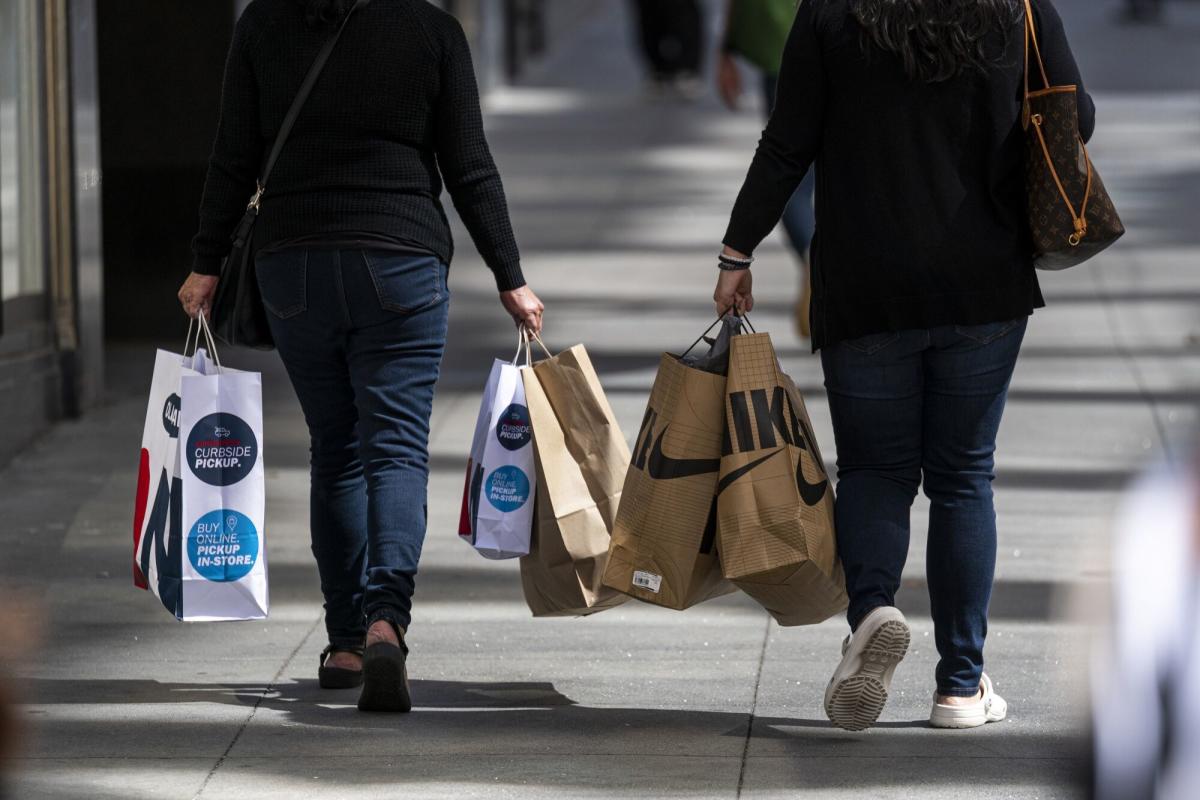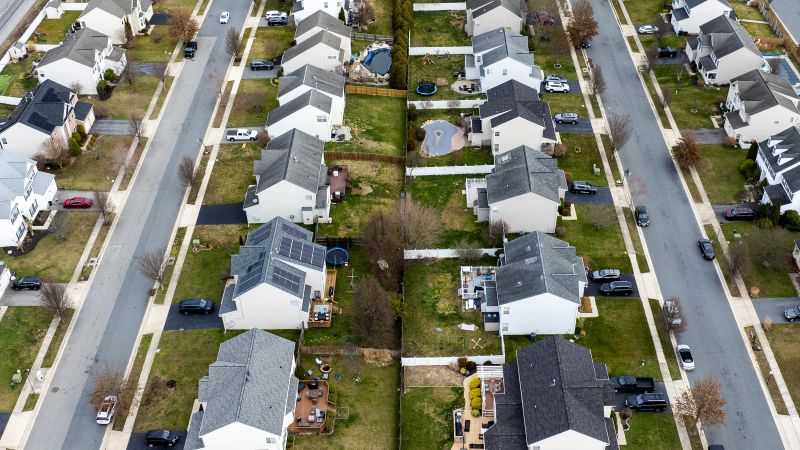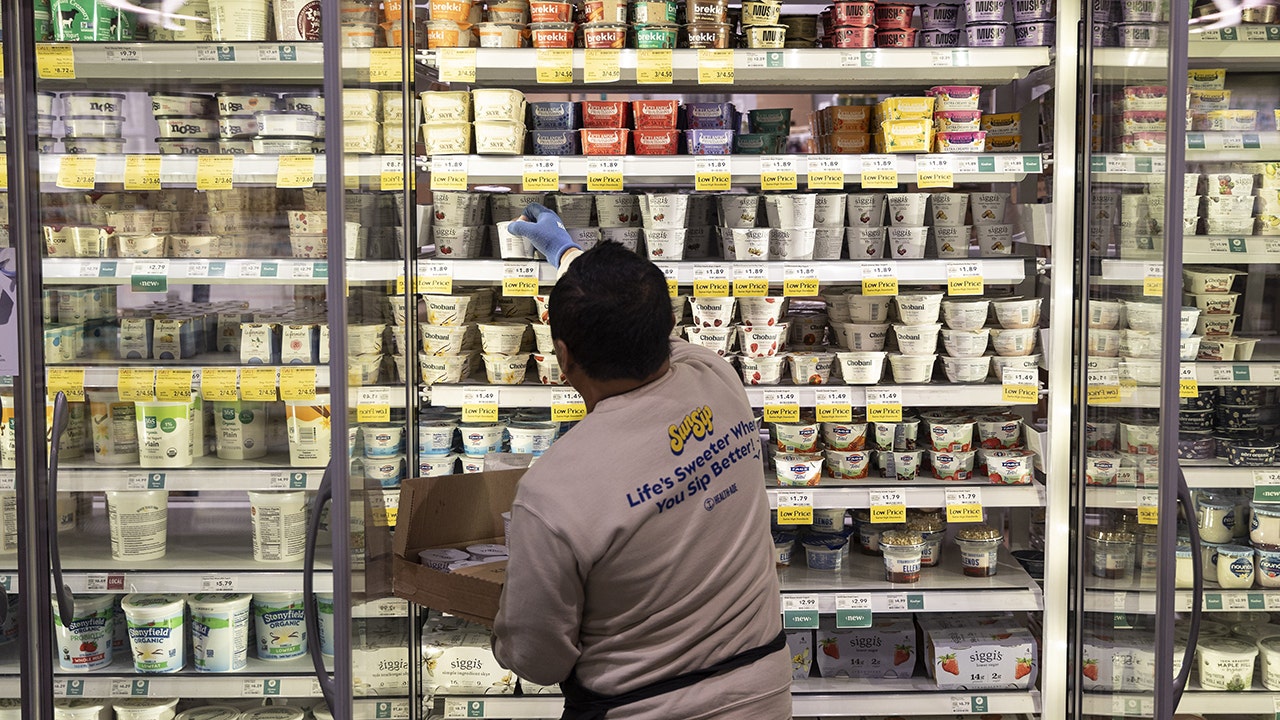
In April, US consumer sentiment fell to 77.2 from 79.4 in March as inflation expectations rose. Consumers anticipate a 3.2% annual price increase, the highest since November, and a 3% rise over the next five to 10 years. Despite concerns over high prices affecting living standards, spending remains steady. However, sentiments regarding personal finances and the economic outlook for the next year hit four-month lows. These trends reflect the impact of price pressures and higher borrowing costs on consumers, influencing their views leading up to the presidential election in November.

The U.S. personal consumption expenditures (PCE) index rose 0.3% in January, with prices climbing 2.4% annually but slightly down from the previous month's 2.6%. Core inflation, excluding food and energy, increased by 0.4% monthly and 2.8% annually, the best reading since February 2021. Consumers are slowing spending post-holidays due to high prices. Inflation, measured by the Fed's preferred gauge, increased by 0.3% monthly and 2.4% annually, the lowest in three years. The White House sees the slowdown favorably for President Biden's re-election bid.

In February, U.S. retail sales increased by 0.6%, lower than expected, following a revised 1.1% decline in January. Consumers are facing high interest rates and rising prices for everyday goods, causing them to be more cautious with their spending. Sales rose in various categories, including electronics and appliance stores, restaurants, and gas stations, but fell in furniture and home stores, clothing retailers, and online shopping. Americans are relying more on credit cards for necessities, with record credit card debt reported. Companies like Walmart and Target are seeing customers prioritize essentials and look for deals.

In March, US retail sales rose by 0.7%, surpassing the forecasted 0.3% increase, with a 1% climb excluding gas and autos. Consumers maintained spending at gas stations, grocery stores, and online retailers but reduced expenses at electronics, appliance, clothing, and furniture stores. Despite facing high interest rates and rising prices, Americans continued to spend, potentially due to unchanged spending adjusted for inflation. Former Council of Economic Advisers Chair Kevin Hassett mentioned pressure that could prompt the Fed to raise rates by 1%.

Consumerism is a social and economic order in which the aspirations of many individuals include the acquisition of goods and services beyond those necessary for survival or traditional displays of status. It emerged in Western Europe before the Industrial Revolution and became widespread around 1900. In economics, consumerism refers to policies that emphasize consumption. It is the consideration that the free choice of consumers should strongly orient the choice by manufacturers of what is produced and how, and therefore orient the economic organization of a society. Consumerism has been criticized by both individuals who choose other ways of participating in the economy (i.e. choosing simple living or slow living) and environmentalists concerned about its impact on the planet. Experts often assert that consumerism has physical limits, such as growth imperative and overconsumption, which have larger impacts on the environment. This includes direct effects like overexploitation of natural resources or large amounts of waste from disposable goods and significant effects like climate change. Similarly, some research and criticism focuses on the sociological effects of consumerism, such as reinforcement of class barriers and creation of inequalities.





NY Post

Yahoo! News

NBC

Fox News

Anna Cooban

Yahoo! News

PANORA

PANORA

PANORA

Wikipedia